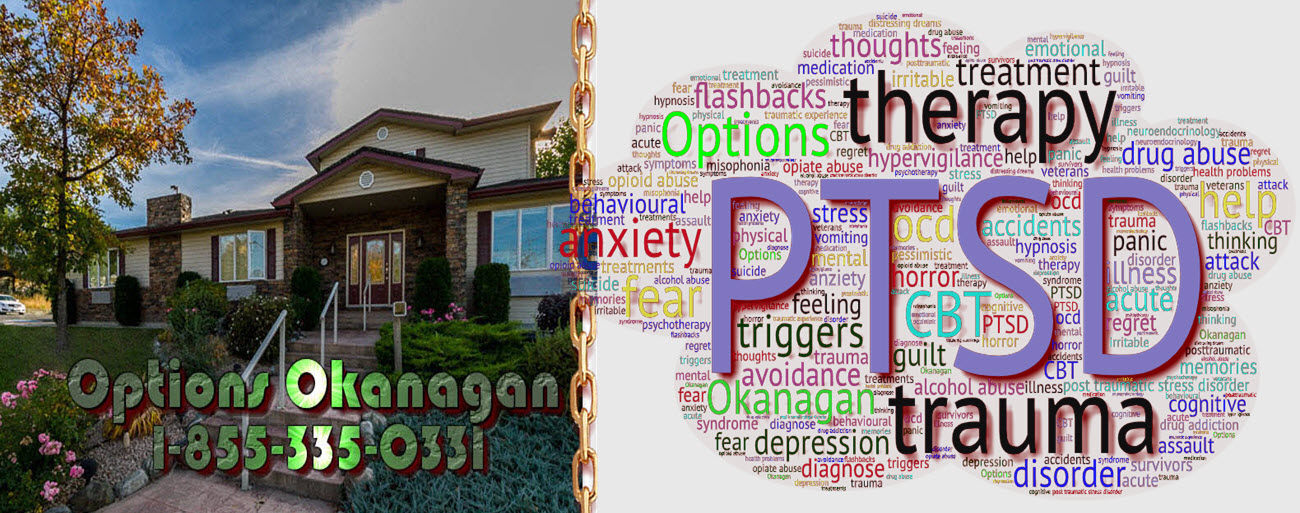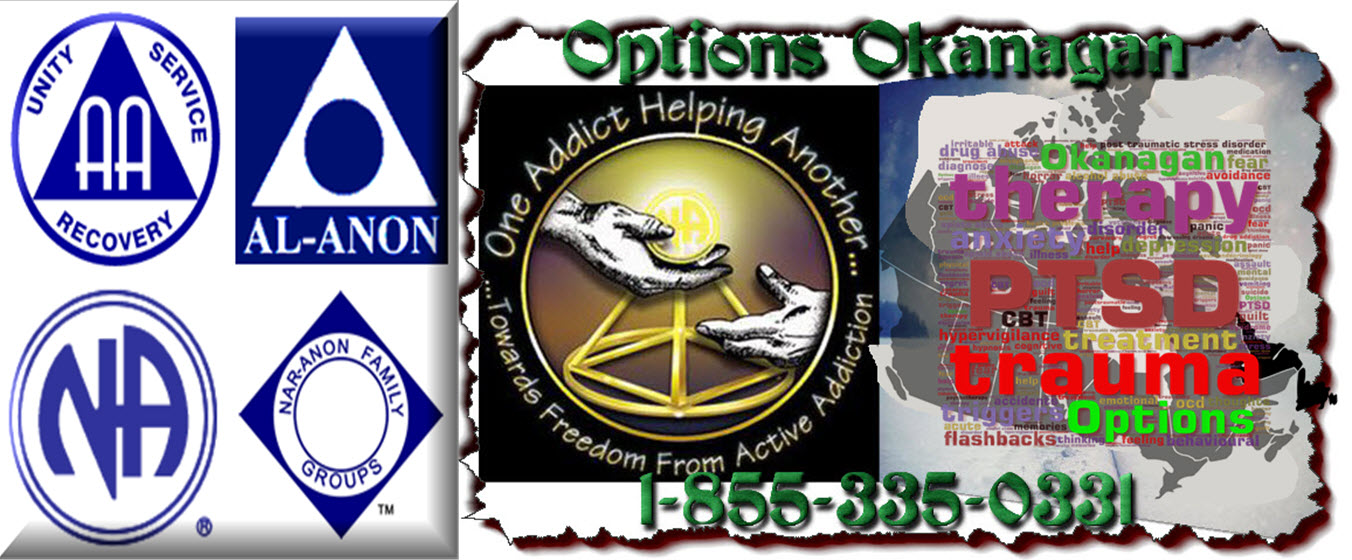The Mental Health Principles – Opiate and alcohol rehab programs in British Columbia and Alberta – Options Treatment Center in Kelowna, British Columbia treating prescription drug, opiate, fentanyl, heroin, and alcohol addiction and recovery.
Opiate Rehabs In Alberta And BC
The meaning and analysis. A person’s mental health is defined as a state or sense of well-being, and this will allow an individual to live a life that fulfills what they want to achieve with the available resources. This situation also offers people the opportunity to withstand the pressures they face and to face these challenges without endangering their well-being. This helps make it effective and also efficient for an individual as well as in their neighborhood.
Mental Health Disorder Programs In Alberta And BC
Mental, psychological well-being can also be defined as a lack of mental health problems or mental disorders. People who are not diagnosed with behavioral problems that can be classified as psychiatric are considered psychologically healthy. For example, someone who is obsessed with things doesn’t always have a mental disorder. He is said to have mental health. But when this mania is combined with a cruel urge to turn it into an object of mania, people can now be diagnosed with a psychiatric disorder called an obsessive-compulsive disorder.
This can also be seen as a positive element in a person’s personality, enabling them to improve their mental well-being regardless of the psychological disorder being diagnosed. This meaning or interpretation consists of an individual’s capacity to “live their life to the maximum”, to react well to their environment settings while making use of subconscious or mindful coping mechanisms as well as to balance psychological and also emotional wellness in connection with the continuous flow of their experiences.
Mental, Psychological health, and wellness in various cultures. As a result of cultural distinctions, WHO (the World Health Organization) believes that there is no consistent interpretation of mental, psychological health. What can be taken as healthy and balanced, and also acceptable mental, emotional behavior in such a culture can be too eccentric in various other societies. For instance, religious, spiritual practices such as cannibalism are practiced in remote locations in the world, however, the majority of nations, these practices are considered barbaric.
About Mental disorders. Mental, psychological health, and wellness abnormalities can create a variety of issues in different representations. Some individuals with mental disorders act aggressively, while other people are more withdrawn as well as have no social interests. Each kind of disorder has its very own signs and symptoms; Medical diagnosis, as well as treatment and therapy, differs depending upon the kind of mental disorder.
There are a number of variables that affect mental and mental health, including the environment or childhood, human biological makeup, pre-program instructions related to genetics, clinical disorders, suppressing traumatic experiences such as loss of family members, and substance abuse. Although one factor may dominate another, they all play a role in the development of most mental illnesses. Sometimes one factor can be enough to cause a disturbance, but most of the conditions of the disorder require the accumulation of experiences that are constantly a problem for one’s well-being.
What maintains an individual’s mental health and well-being? Maintaining mental health is largely dependent on a person’s ability to: a) adapt to their environment and deal with their stress; b) to achieve a good inner balance in their personalities that is sufficient to give them a stable character, and c) to create a good perspective that limits the loss of negative experiences. For some people, a good support system such as a close family or strong social group can help protect mental health.
Options Okanagan Opiate and Alcohol Treatment Centers in Kelowna, Salmon Arm and Vancouver, British Columbia – Men and Women are recovering and healing from Alcohol and Drug Abuse at our treatment center here in the Okanagan right now.
Our unique and distinctive Opiate Drug and Alcohol treatment program allow men and women to come in from Calgary as well as Edmonton as we offer airport pickup.
Numerous clients come to us from Vancouver, Calgary, and Edmonton and other locations in Alberta and even other provinces for Opiate addiction treatment, heroin drug treatment, many other drugs, and alcohol addictions for rehabilitation because of the uniqueness of our treatment center.
Our (Kelowna) Alcohol and Drug Treatment Program Location:
(Not Mailing Address) – Contact Us – Web Page
For Mail Delivery :: Please contact each center for correct mailing addresses, also this location is the location of our residential treatment programs in Kelowna. Please call Toll Free 1-855-335-0331 – to contact the treatment center you are going to for the address and directions.
Options Okanagan Drug and Opiate Treatment Center
551 Sherrydale Crescent, Kelowna, British Columbia, V1V 2E6
Toll-Free Phone Number: 1-855-335-0331


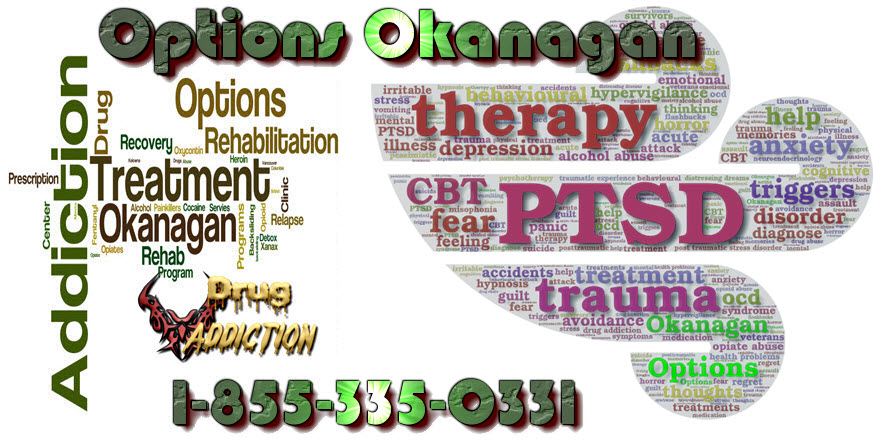
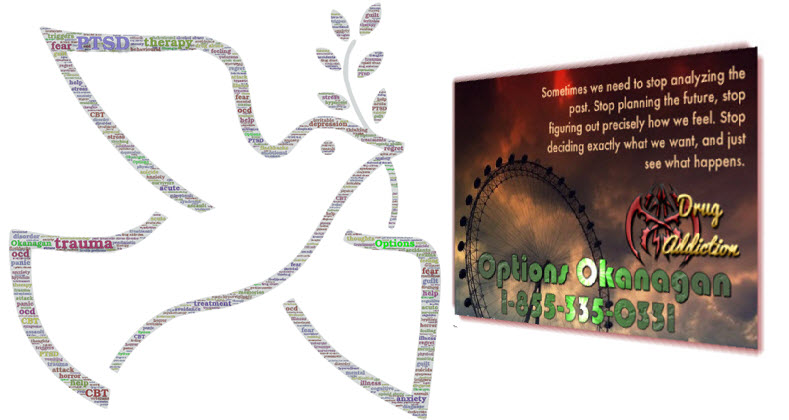


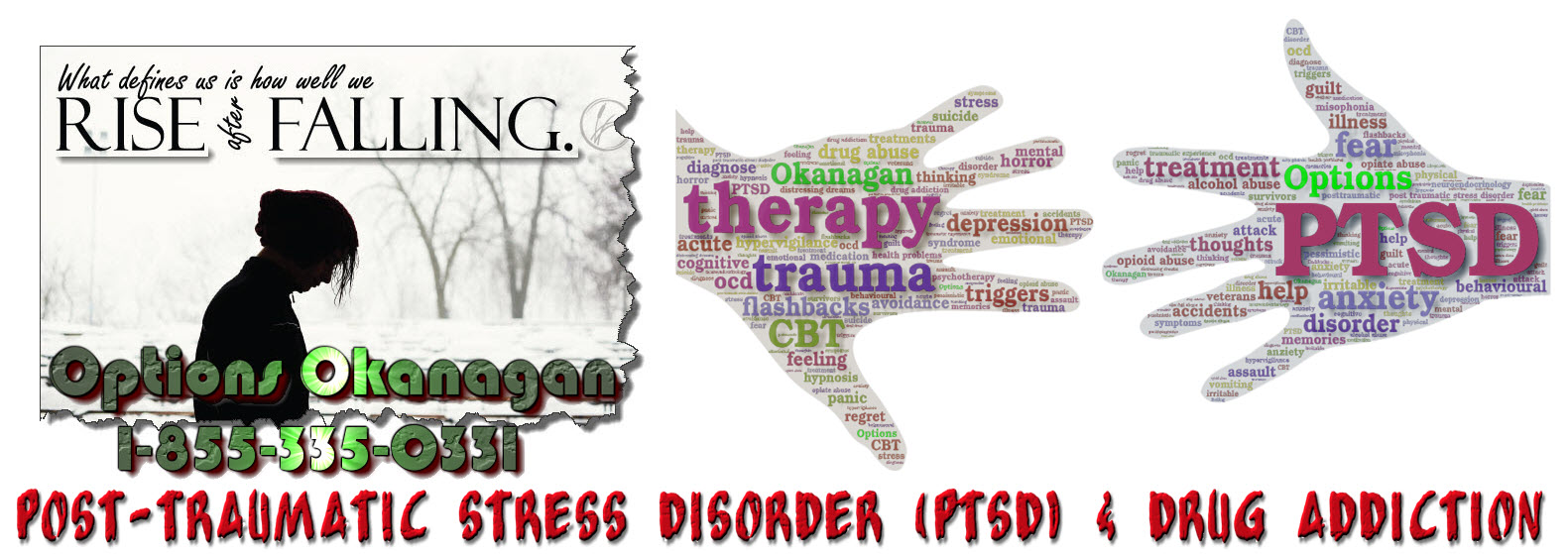
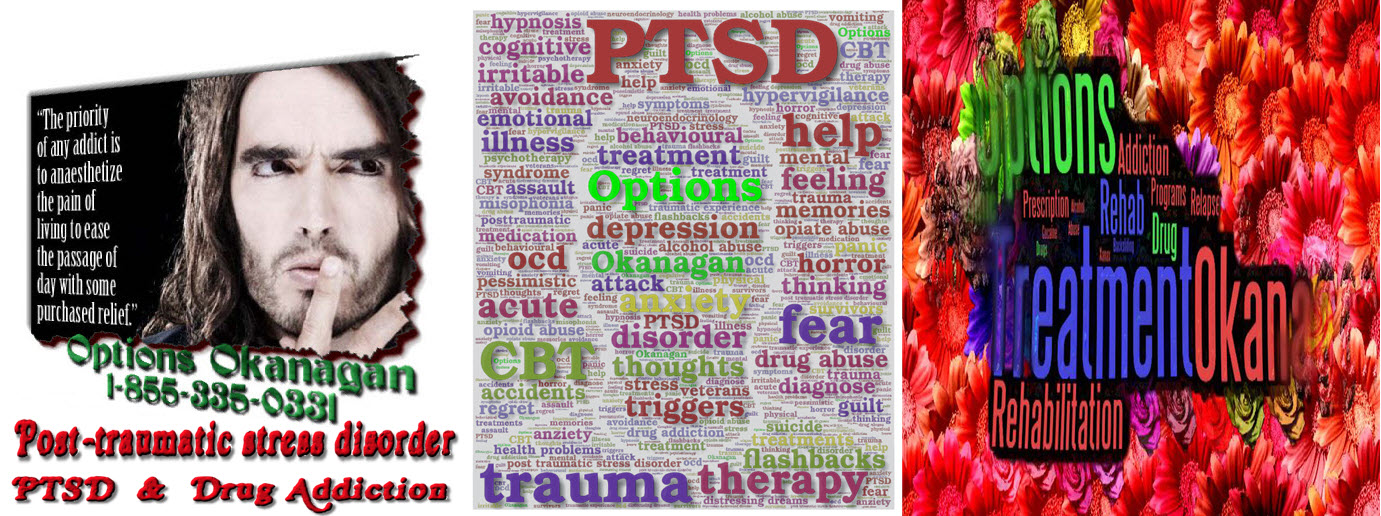
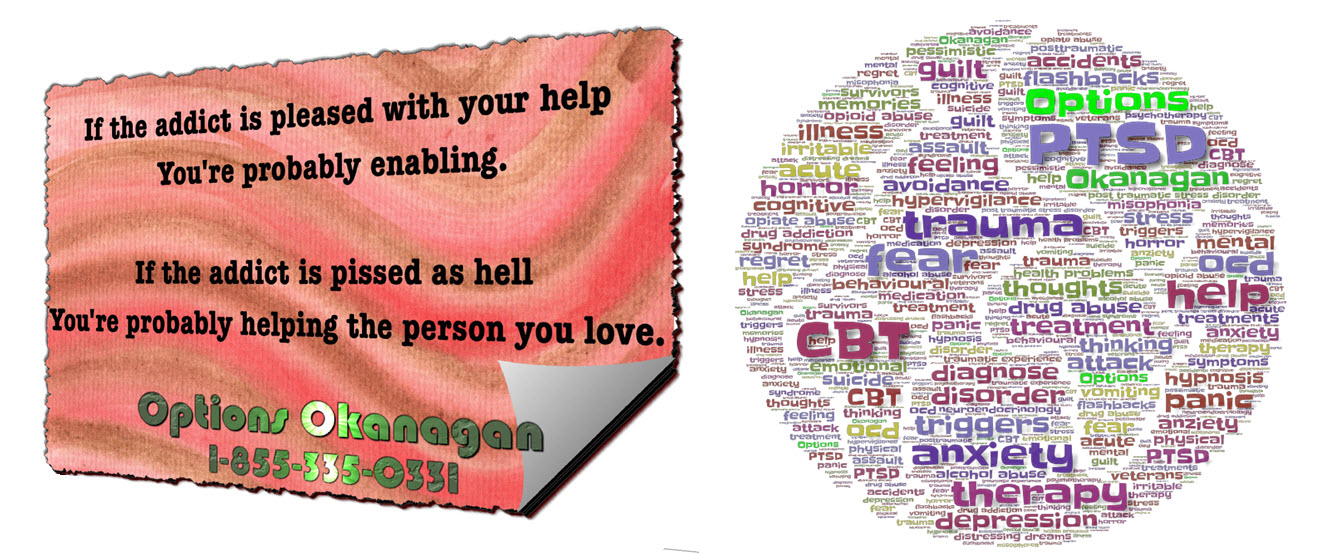
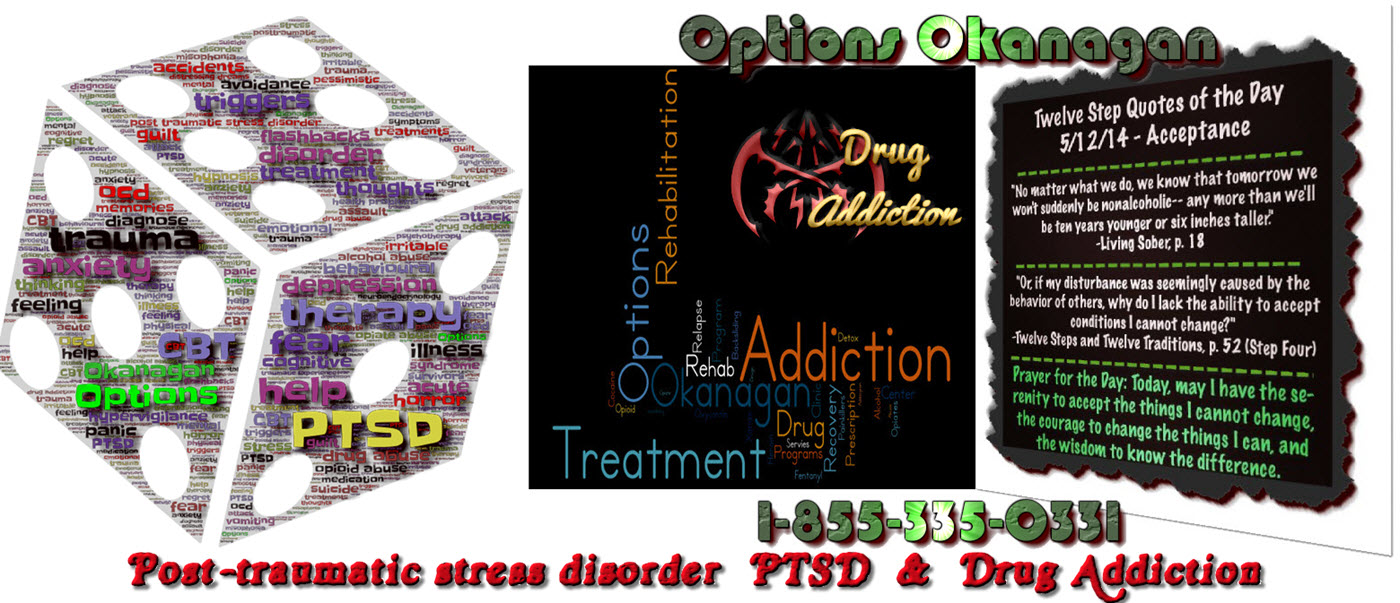


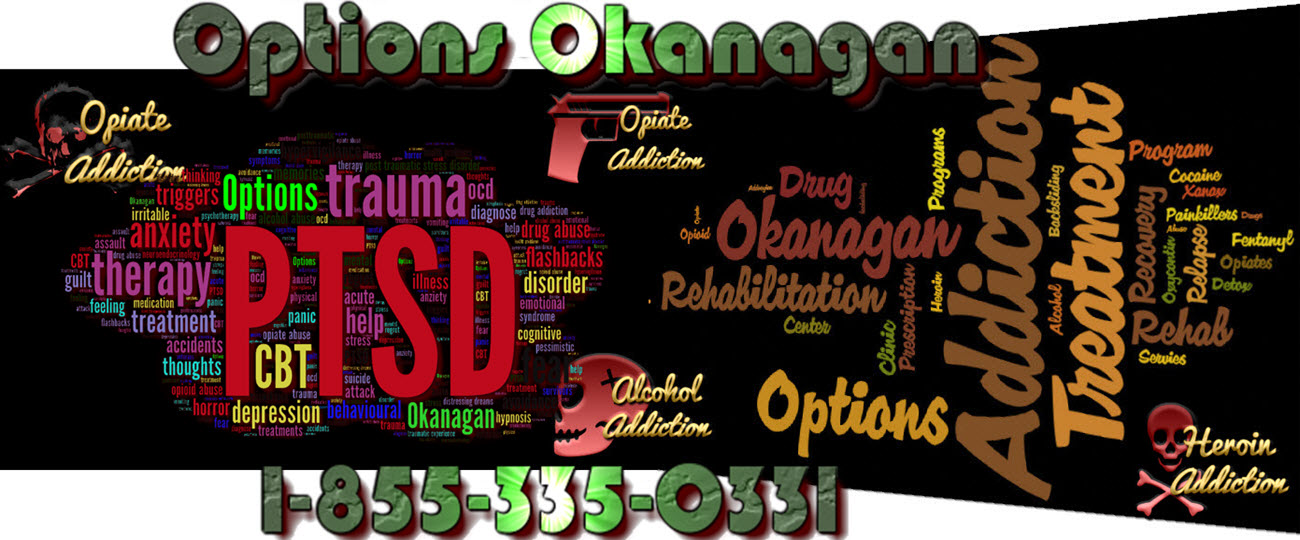
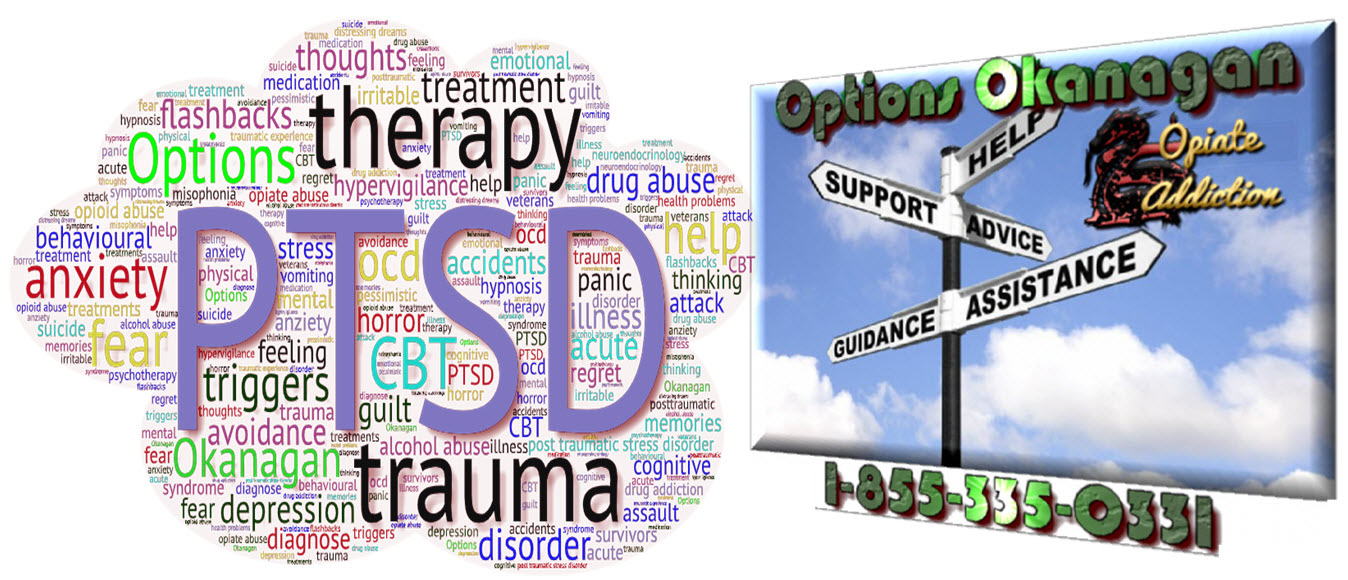
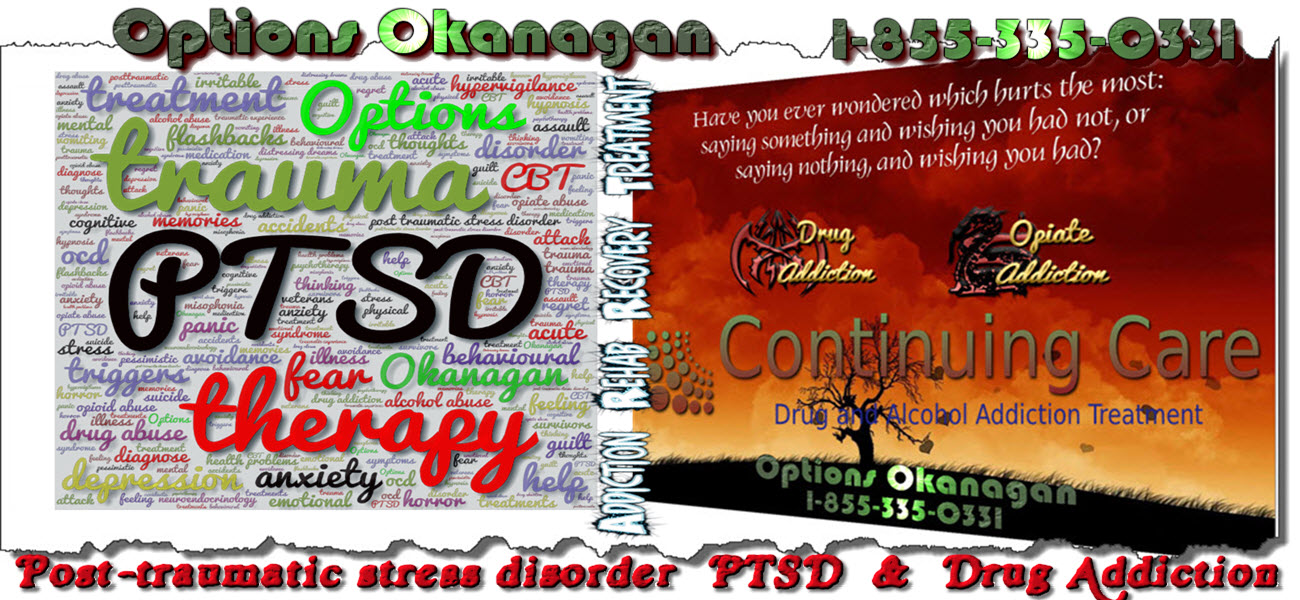
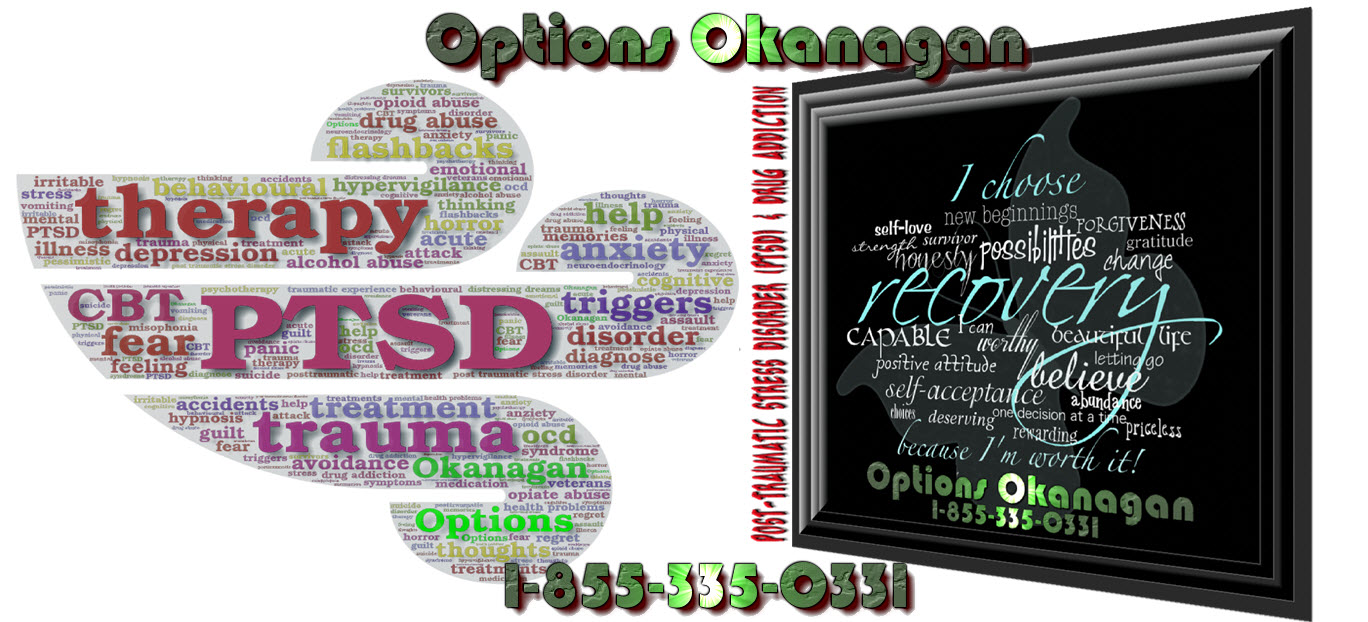
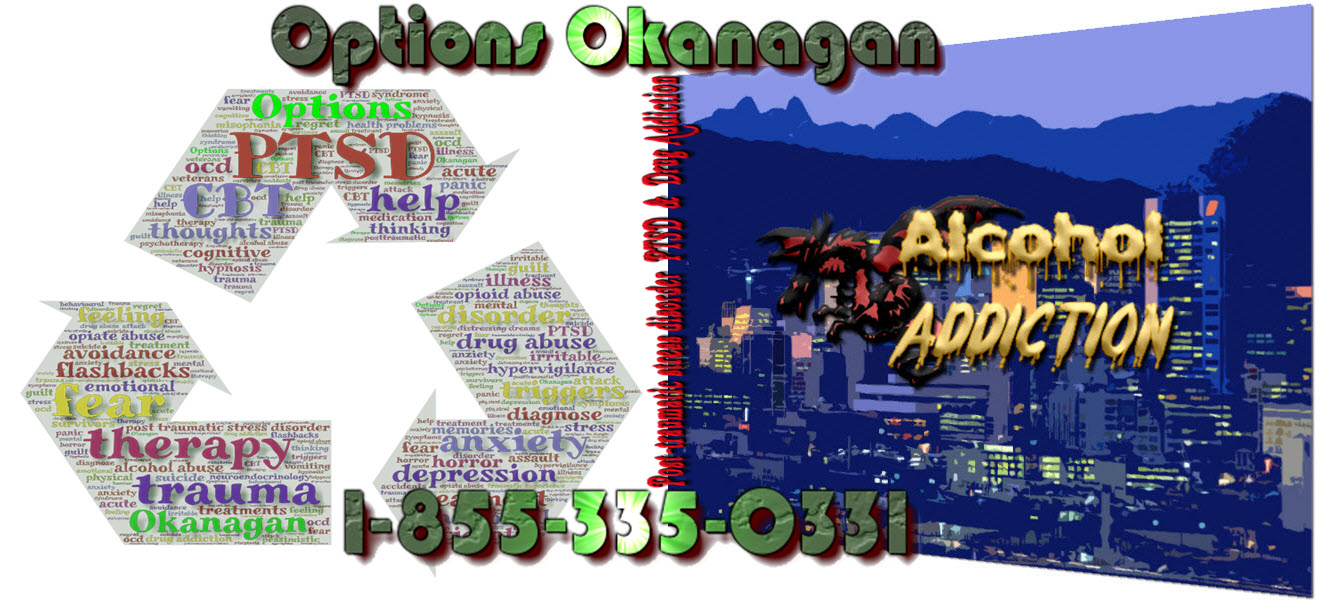
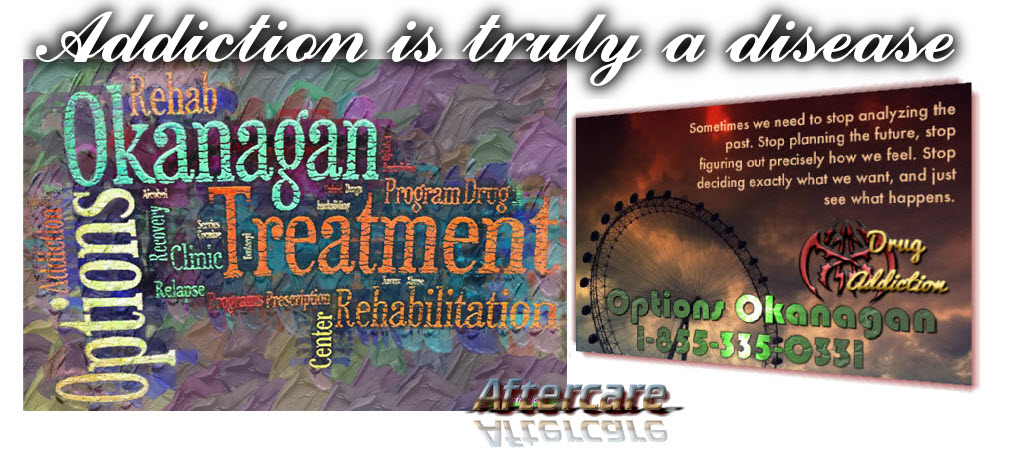
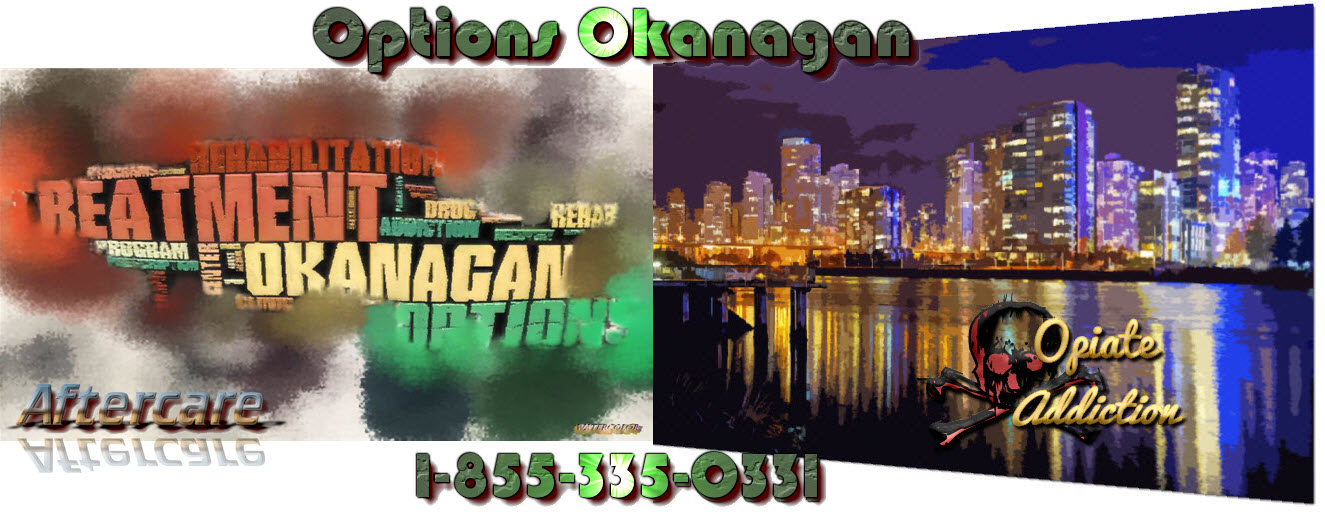
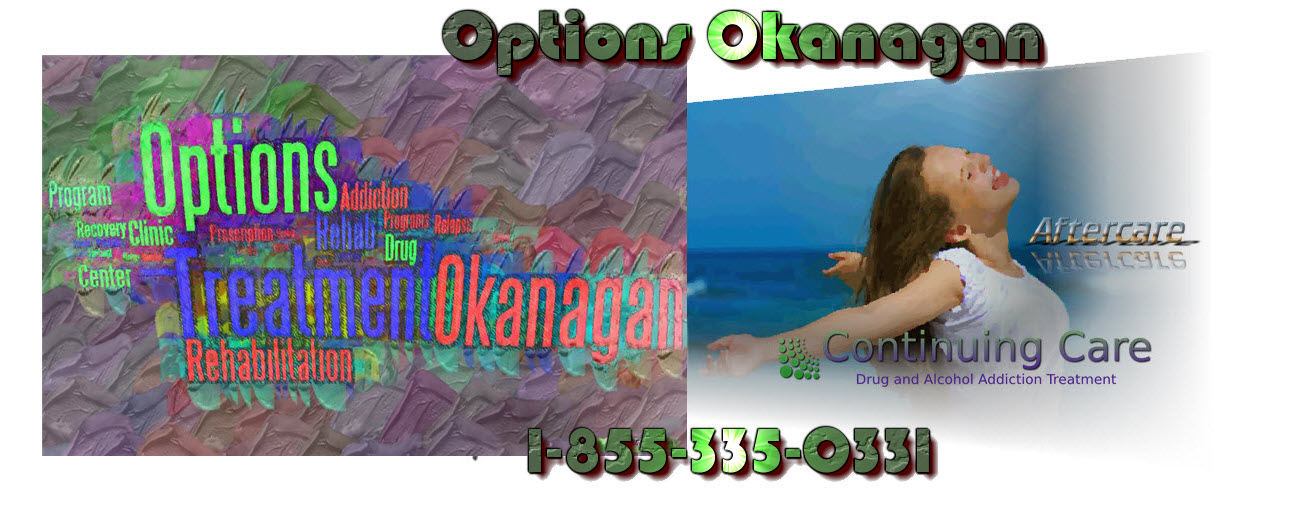
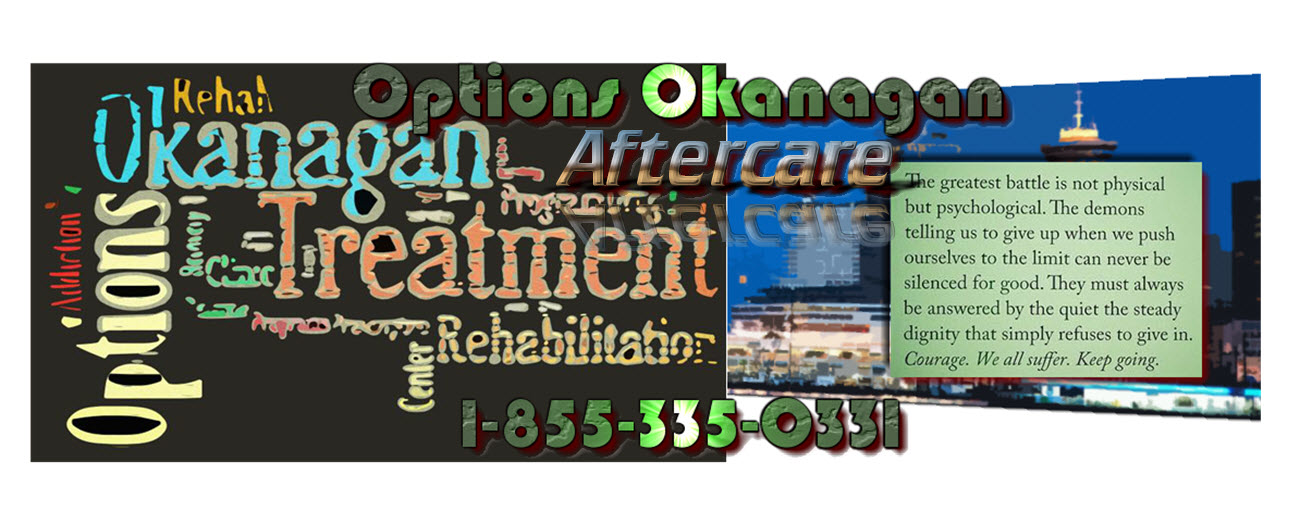

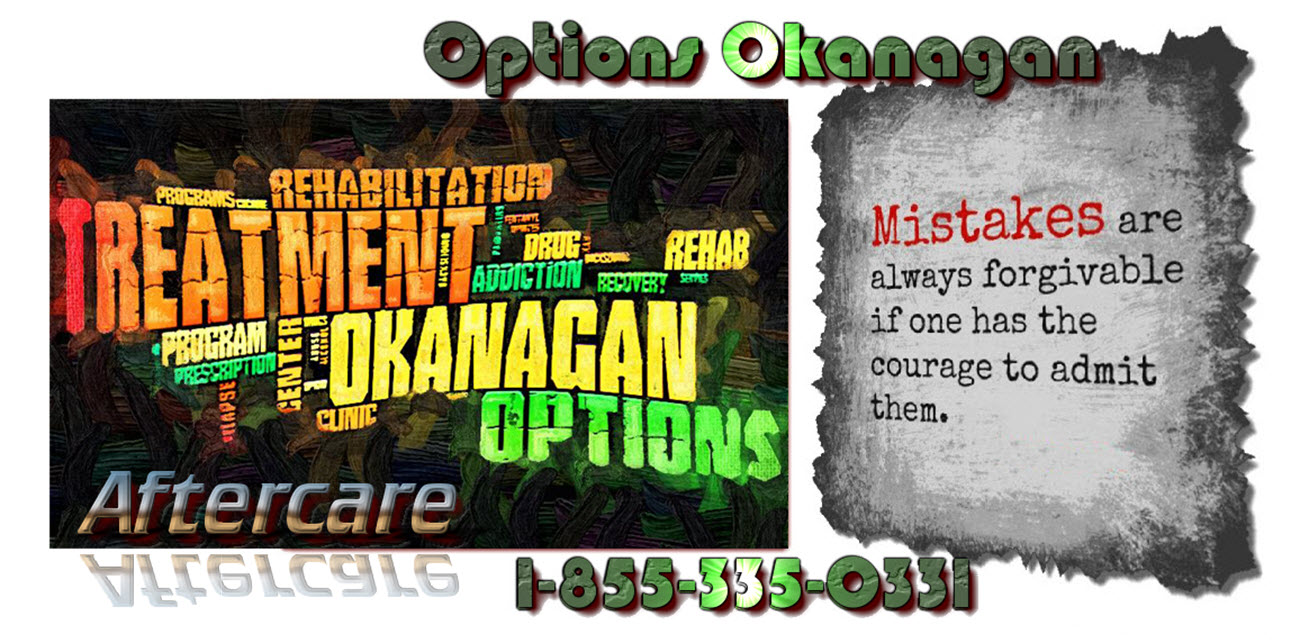
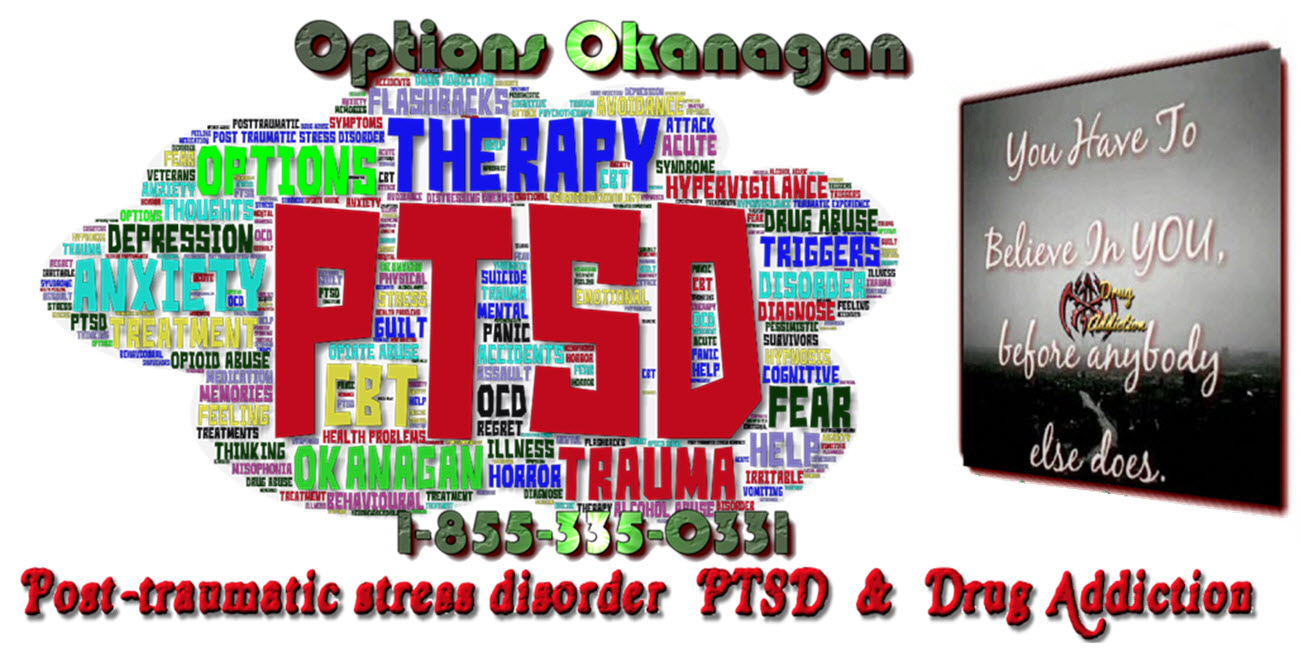
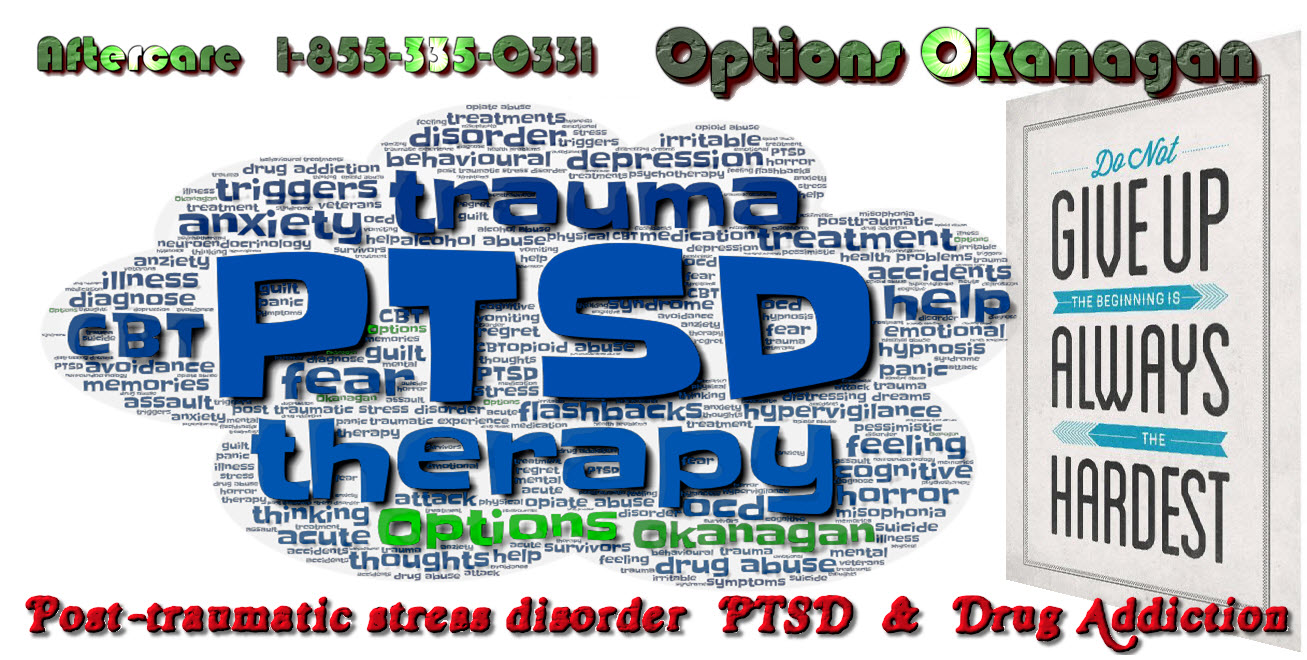
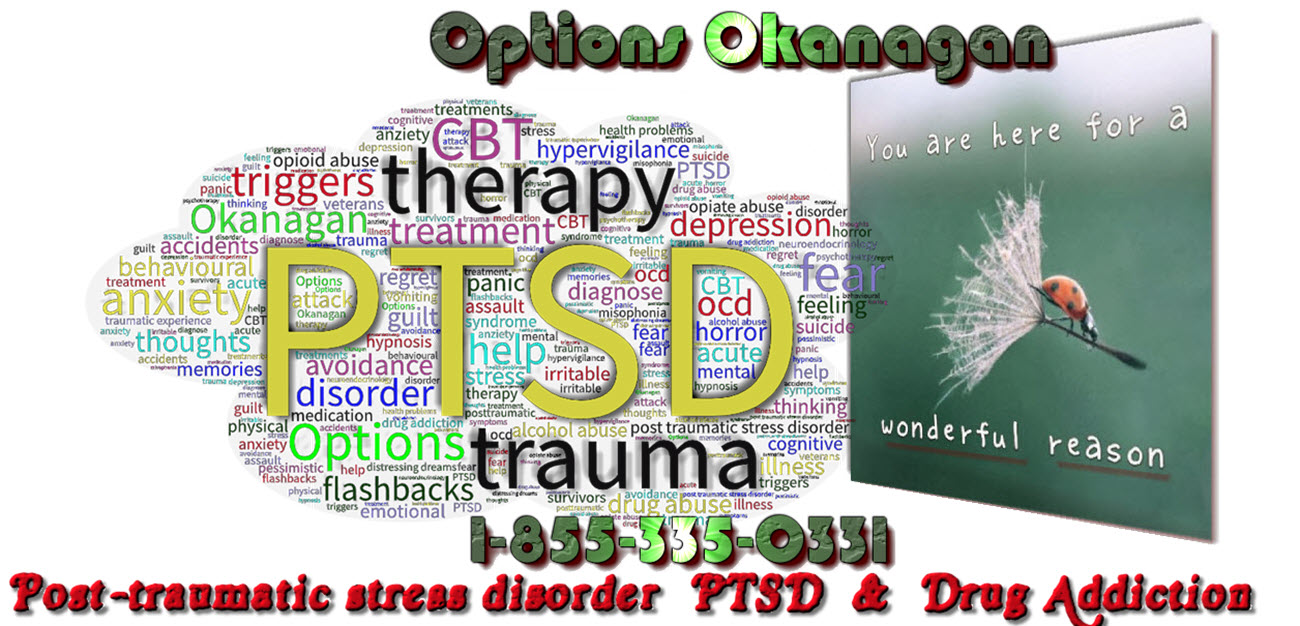
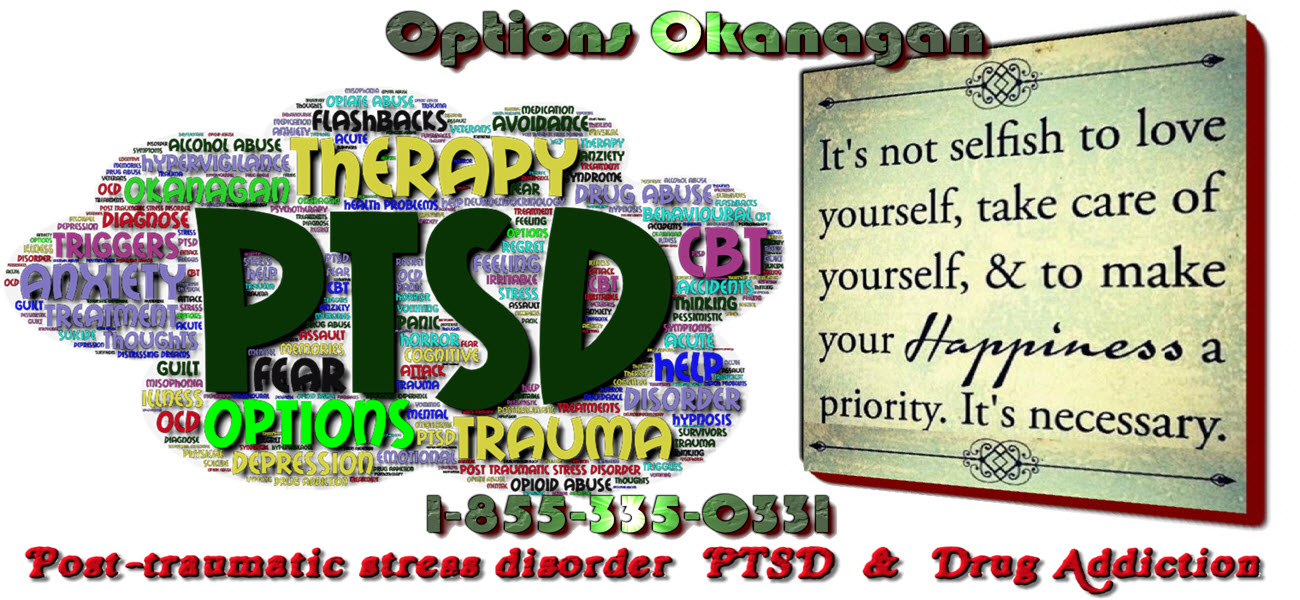
 or Mental Health Disorder Treatment Programs in BC and Alberta - Options Okanagan.jpg)
